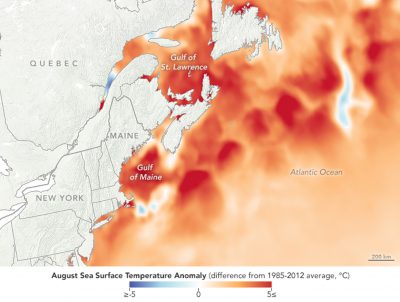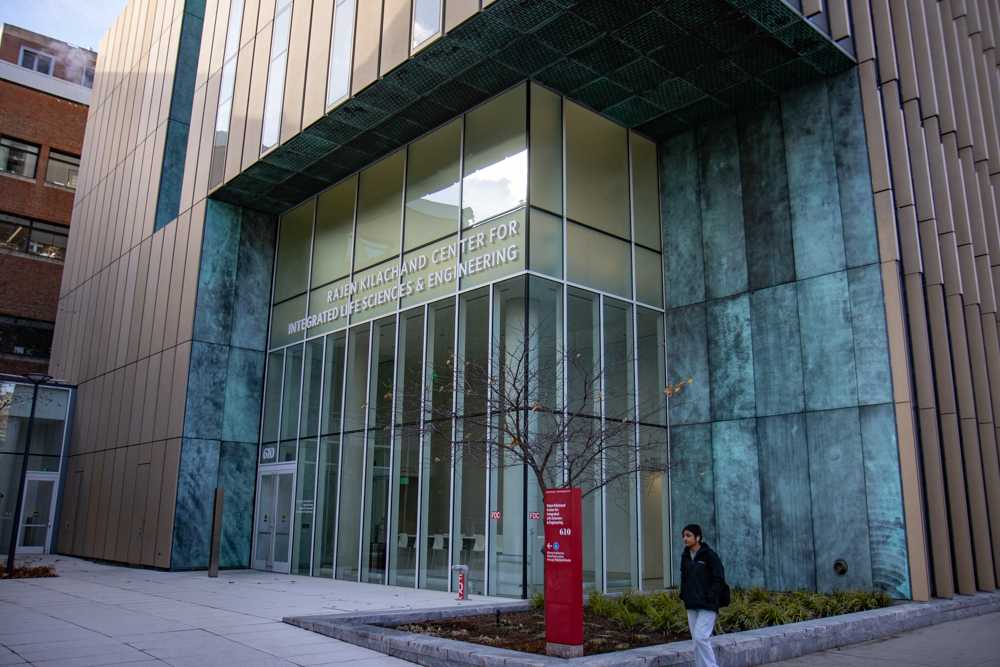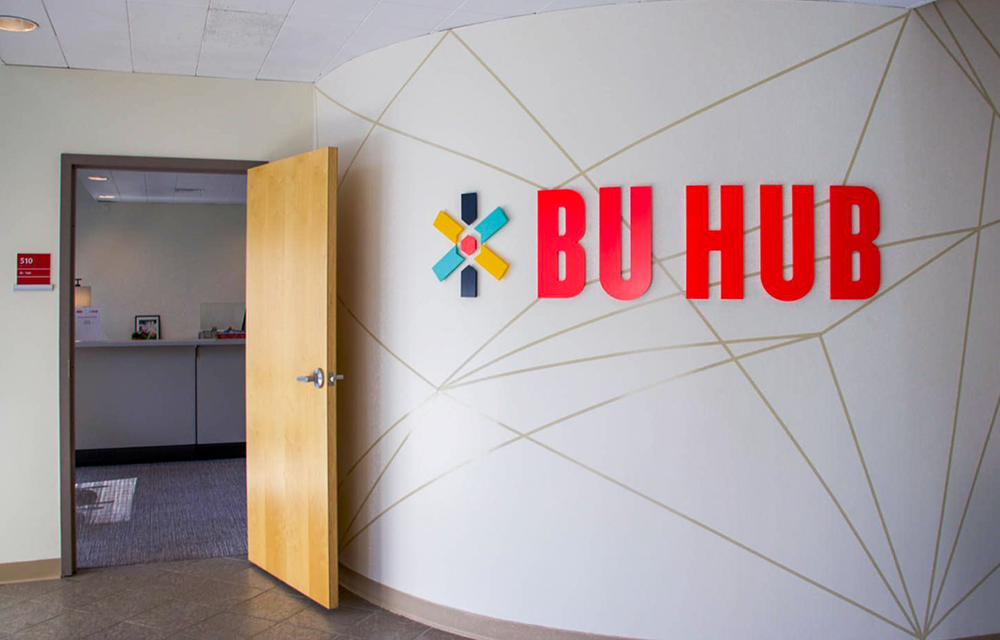In the Gulf of Maine, sea temperatures are more than four degrees Fahrenheit higher than average, up dramatically from the early 2000s, and rising 96% faster than ocean areas, the Gulf of Maine Institute reports.

“It doesn’t sound like much but in the world of fish, that’s a lot,” said David Goethel, a fisherman in the Gulf of Maine since the late 1960s and a 1975 Boston University alumni.
To address the issues caused by climate change’s impacts in the Gulf of Maine area — which stretches from Cape Cod to Nova Scotia — the Museum of Science hosted a discussion panel last Tuesday with museum staff members, experts across different institutions and Boston community members.
“The primary purpose is to be an educational and awareness tool, as well as to help facilitate debate for the complex issues that are occurring in the Gulf of Maine as the climate changes,” said Jonathan Fanning, who works in the current science communication department.
The panel, split into three parts, explained climate change in the Gulf of Maine and the effect on black sea bass population, started an interactive group discussion to brainstorm solutions and finished with a presentation on the strategic locations to construct wind turbines in the Gulf of Maine.
Sarah Winslow, a staff member in the current science communication department of the museum, said this event is a “part of a larger project about seafood, sustainability and climate change” in the Gulf of Maine.
“The first expectation, we always hope is education, so educating everyone that comes about these important issues,” Winslow said. “A lot of these issues are not as well known to the general public, so just talking about it and getting the word out there and getting people more educated is always a plus.”
Susan Heilman, the current science communication program manager at the Museum of Science, said the museum has a grant which focuses on food and they are doing it through the lens of climate change.
“What we wanted to do is talk about the connections between seafood and climate change,” Heilman said. “This [event] takes more of a closer look at the climate change itself, and on what’s happening in the Gulf of Maine and that black sea bass are expanding into Gulf of Maine as a result of climate change.”
Heilman said the event had two goals. One is to “create an educational tool” and the second is to send the forum template to other groups to use.
“I consider it extremely important to be able to educate more people about this,” Heilman said. “The more people know about this, the more people can change their habits that can potentially have an effect on reducing the effects of climate change.”
Priscilla Louie, an event attendee and a three-degree BU alum, said she went to a similar event over the summer and returned to the museum because she “enjoyed that session so much.” She said the Gulf of Maine event “exceeded my expectations.”
“I met some really cool people at my table, I learned a lot about the Black Sea bass and also wind turbines,” Louie said. “I just hope that the Museum of Science continues to offer these community events. They’re just great learning experiences.”
Angela Garabet, an event attendee, said she appreciated “the diversity of people” at the discussion.
“It’s good that we have these community conversations,” Garabet said. “I feel like quite often we get stuck in our bubbles of the world and we don’t have a chance to really catch up and have conversations.”
Garabet said she attended the event because she finds it “fascinating” to hear the community converse about climate change.
“If you have a chance to come to one of these events, it’s fantastic and I’m glad the museum is sponsoring this with their partners,” Garabet said. “I don’t know anything about fishing… and hearing from the analyst opens my mind to a different perspective versus just seeing a little news headline.”


















































































































